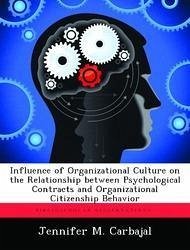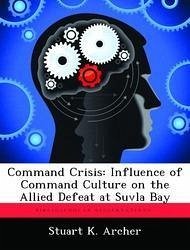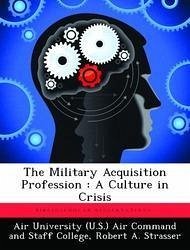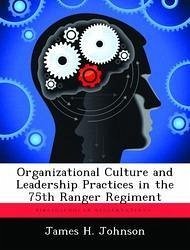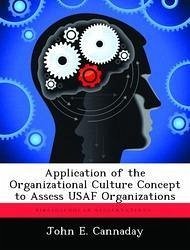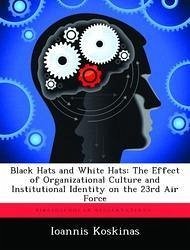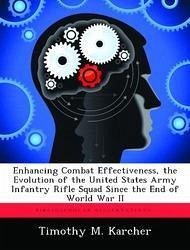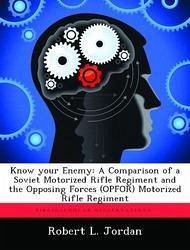Nicht lieferbar
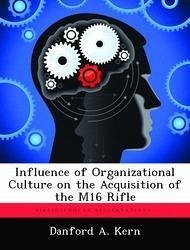
Influence of Organizational Culture on the Acquisition of the M16 Rifle
Versandkostenfrei!
Nicht lieferbar
The US Army has a history of constant evolution and transformation. At times the transformation was ordered and efficient and at other times it has been an example of chaos. The effective modern leader charged with transformation of an organization must be an active manager of a learning organization, who is capable of interpreting the lessons of the past. The M16 acquisition program that occurred from 1958 to 1968 serves as a valuable case study of Army transformation during a time of war. It demonstrates the interrelationship of economic, military, and political organizational cultures in a ...
The US Army has a history of constant evolution and transformation. At times the transformation was ordered and efficient and at other times it has been an example of chaos. The effective modern leader charged with transformation of an organization must be an active manager of a learning organization, who is capable of interpreting the lessons of the past. The M16 acquisition program that occurred from 1958 to 1968 serves as a valuable case study of Army transformation during a time of war. It demonstrates the interrelationship of economic, military, and political organizational cultures in a dynamic system. Moreover, the M16 acquisition program highlights the influence of tradition on transformation efforts. By analyzing the organizational cultures and their influence on each other this research proposes that there are both positive and negative effects caused by the interrelationship of cultures. It demonstrates that the various political and economic aspects of organizations as well as their traditions greatly influence the course that transformation will take. This research points to the importance of understanding organizational cultures within the system when leading that system through change.






